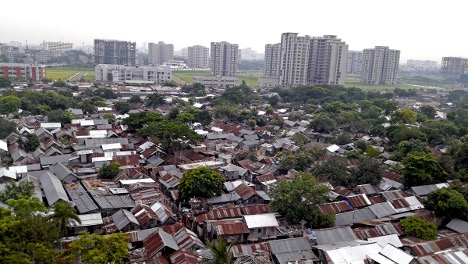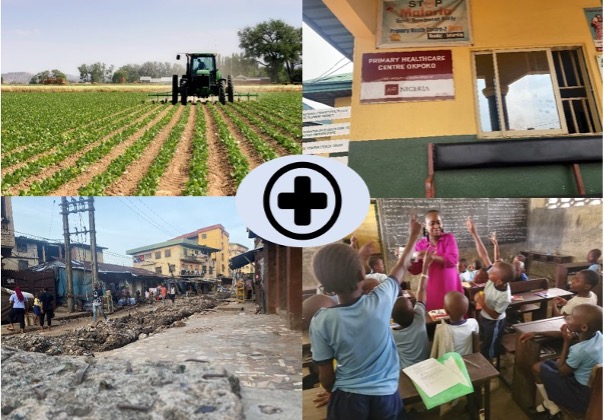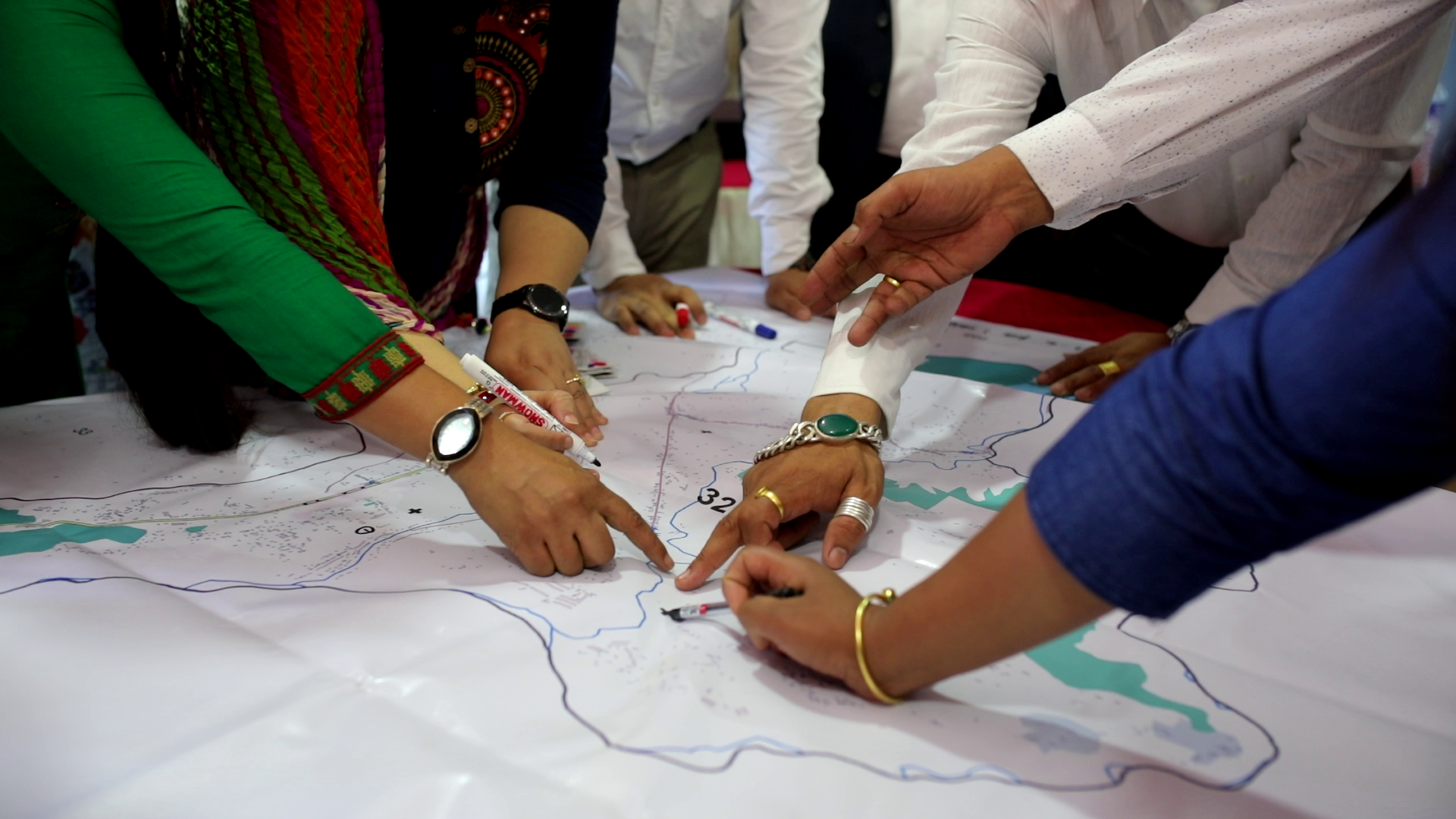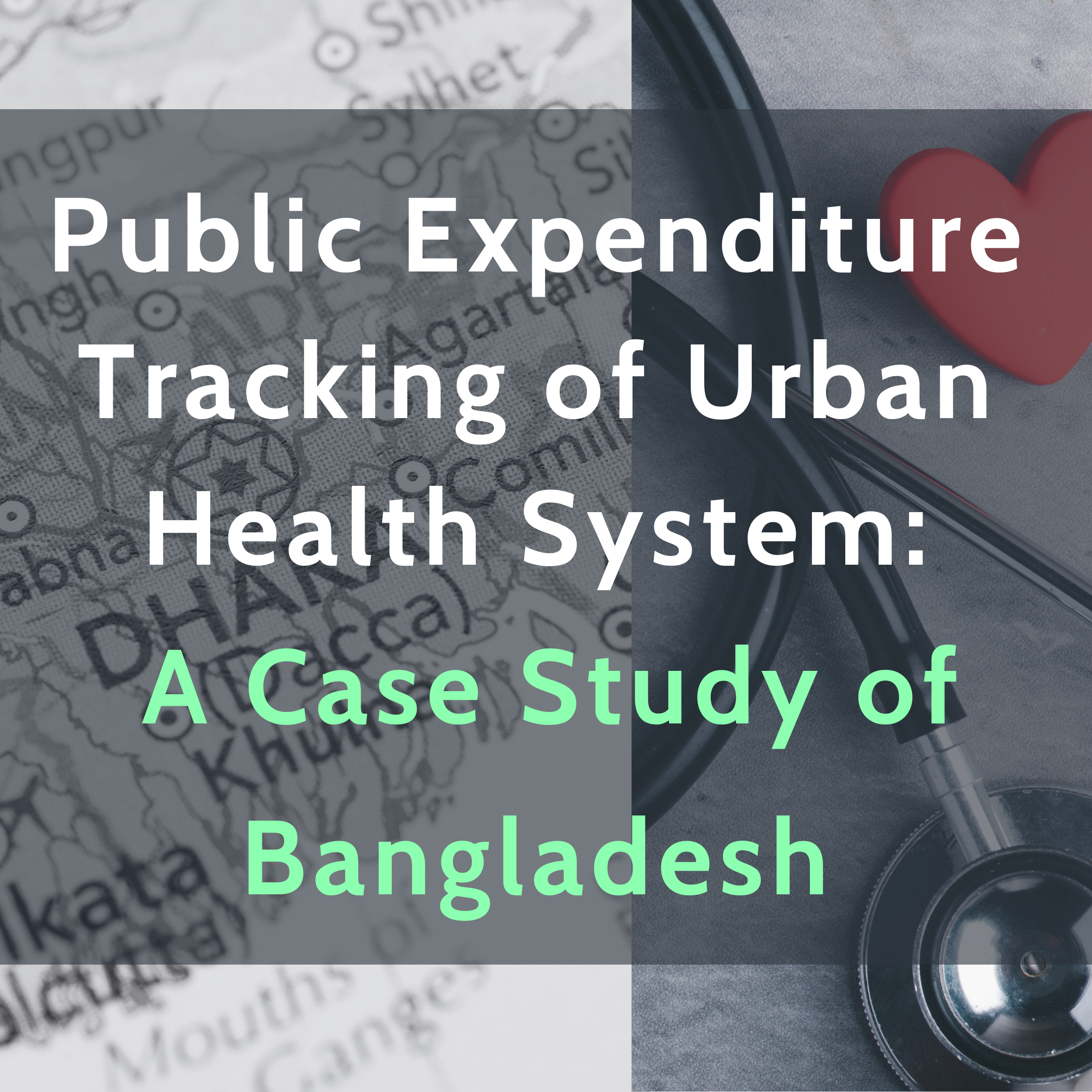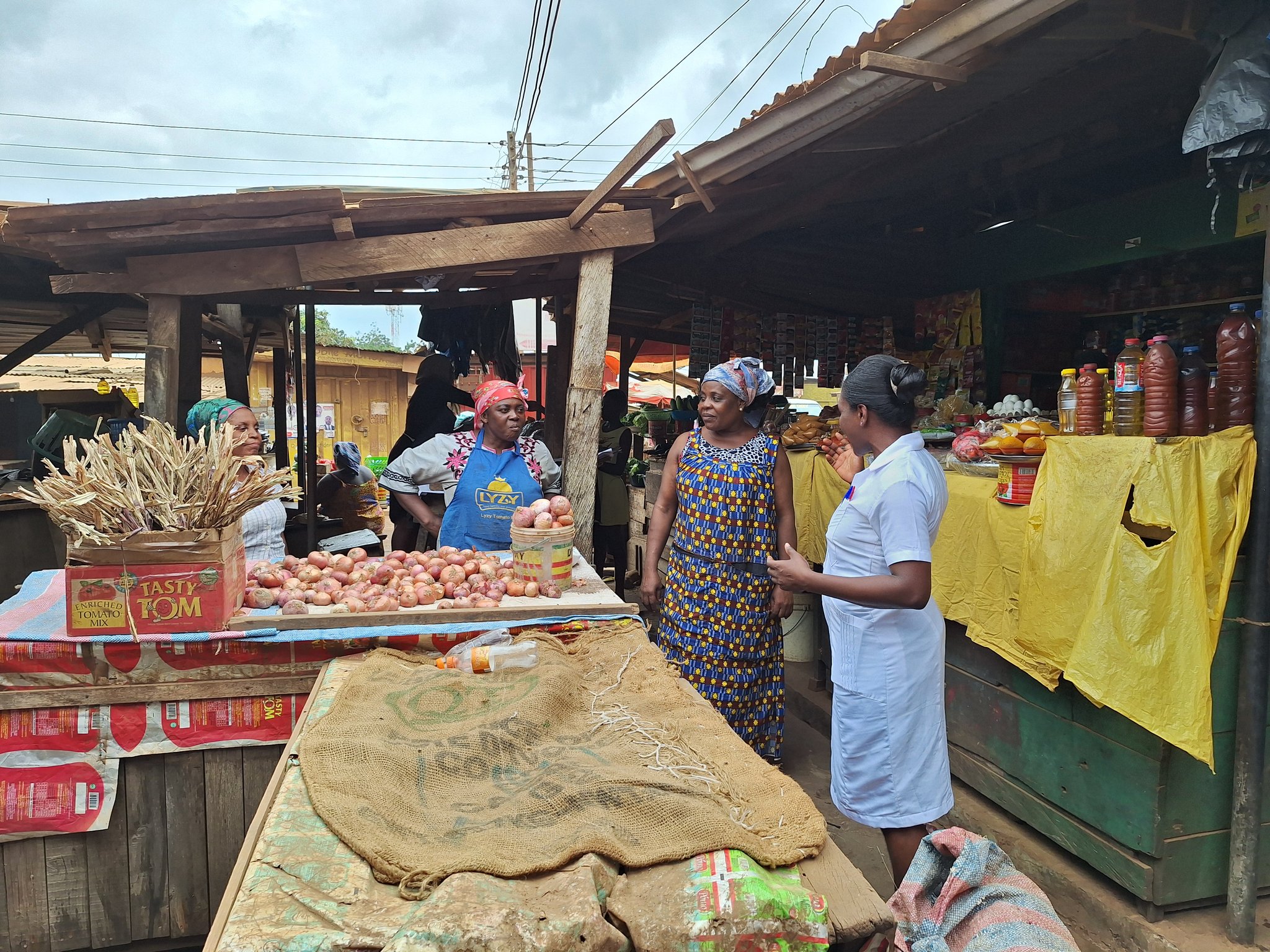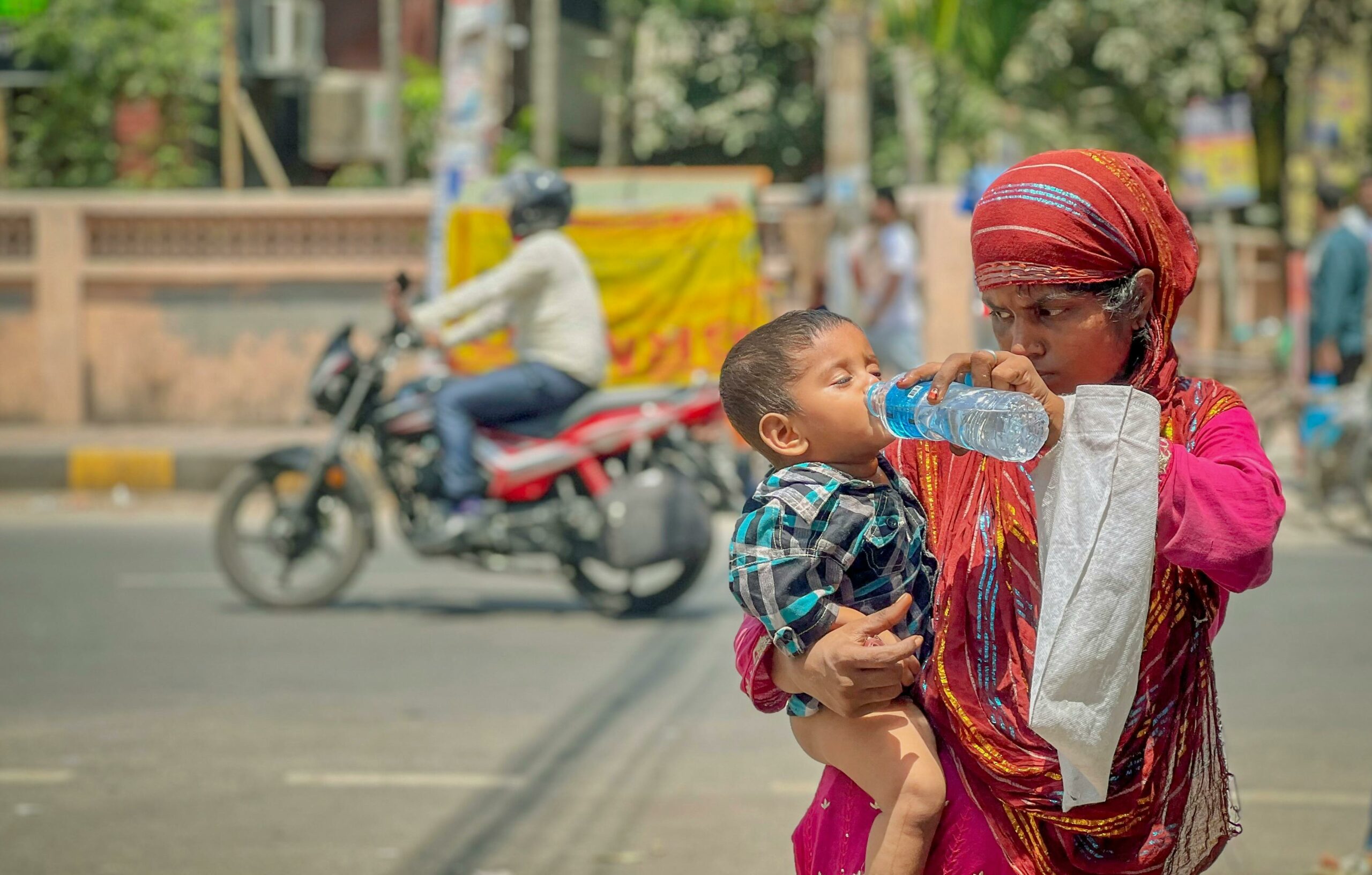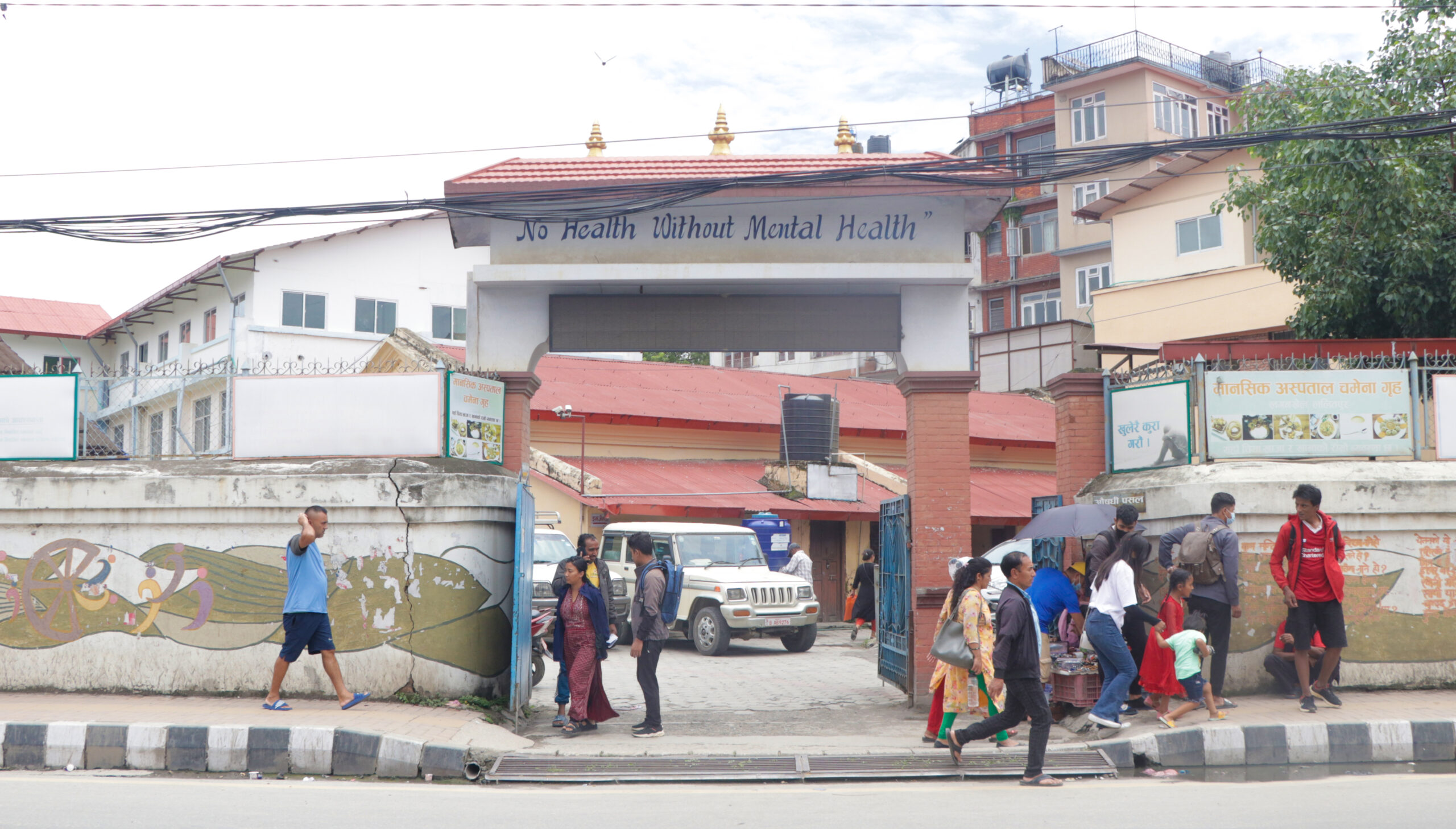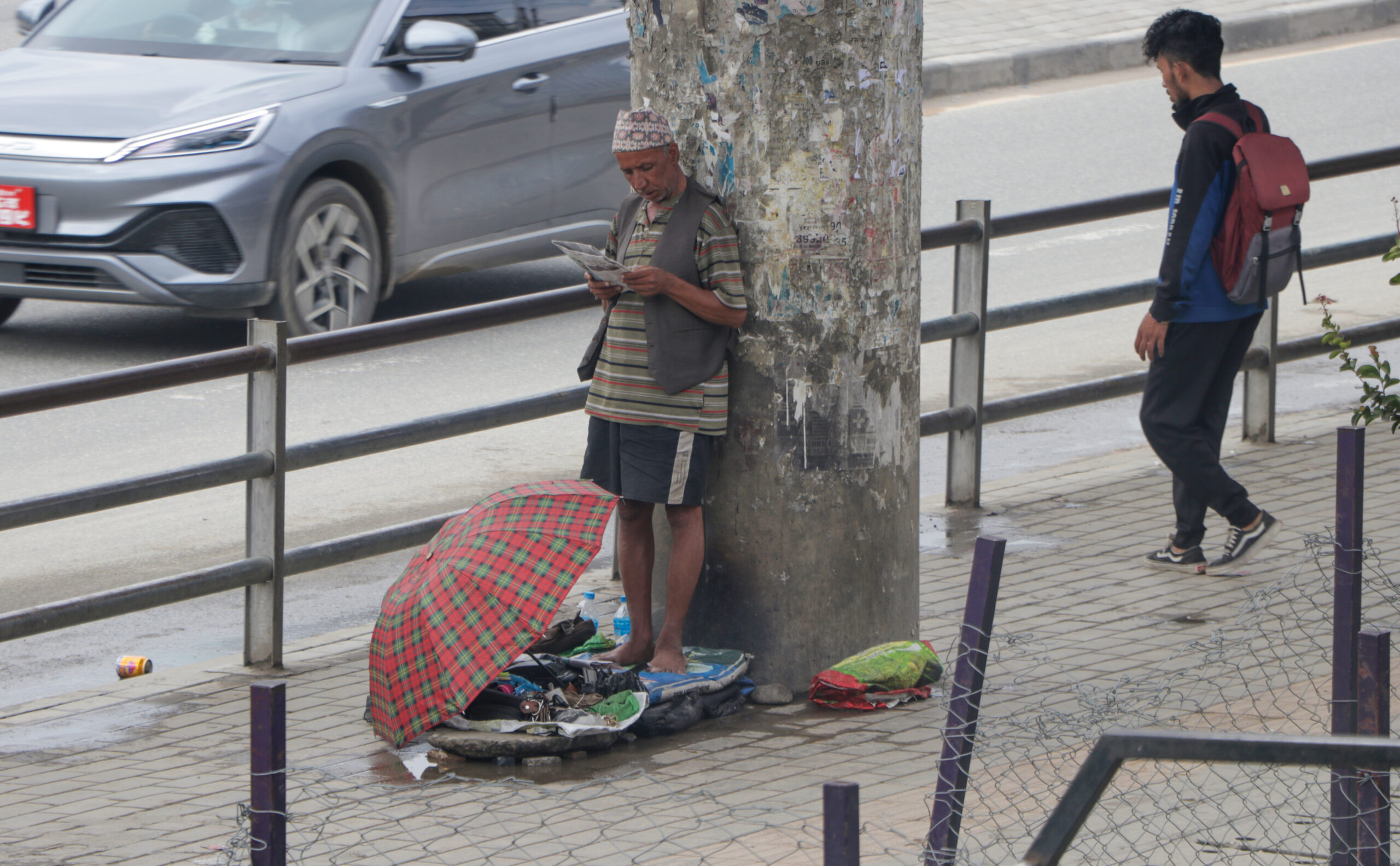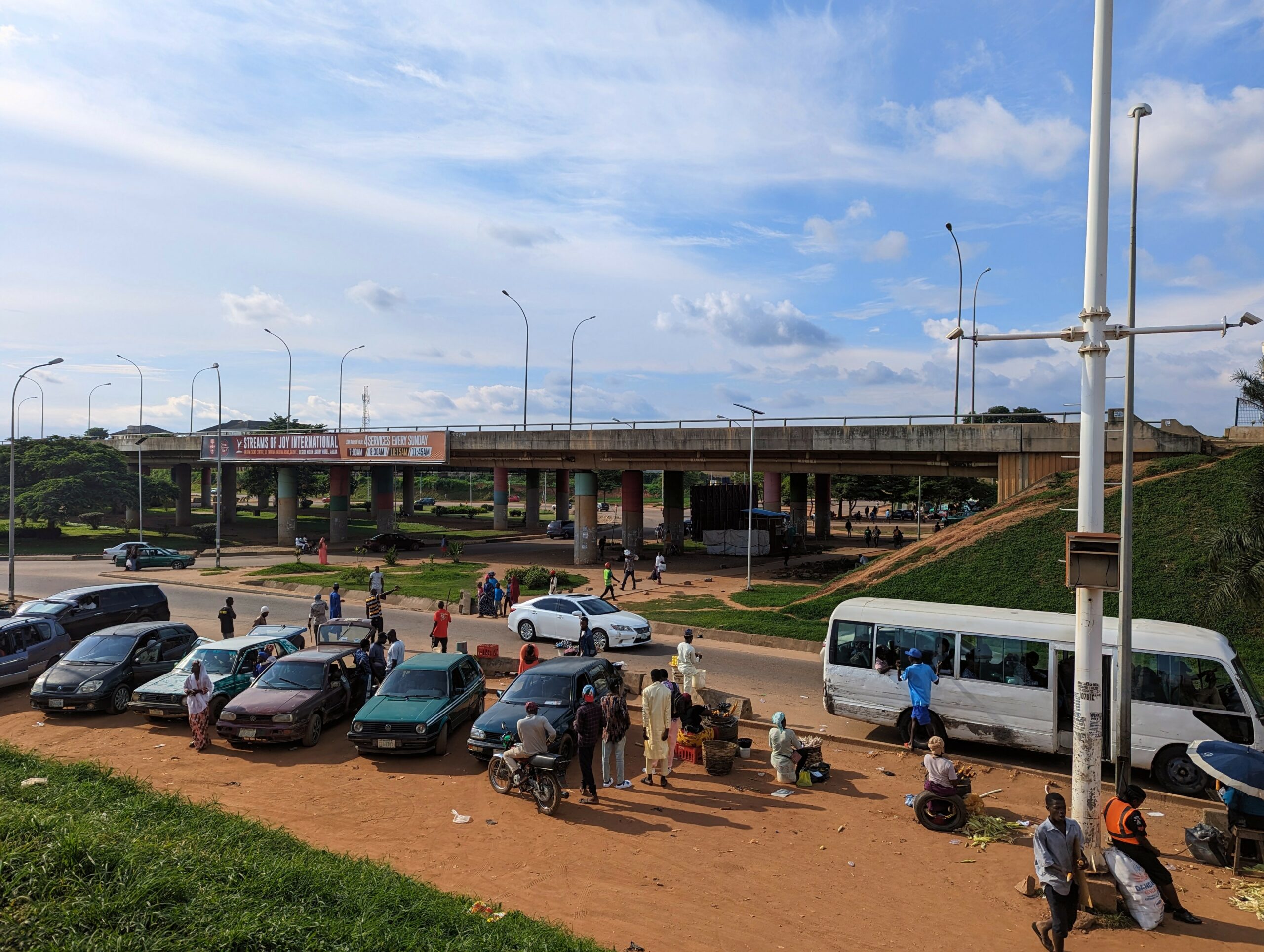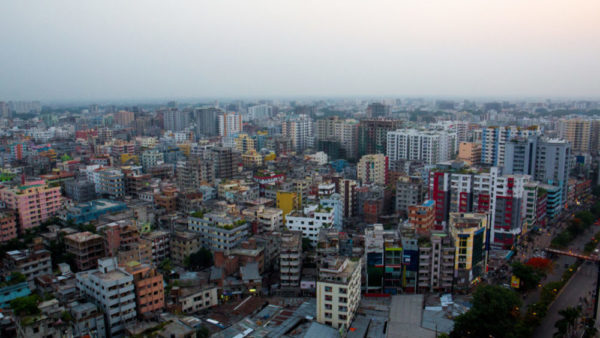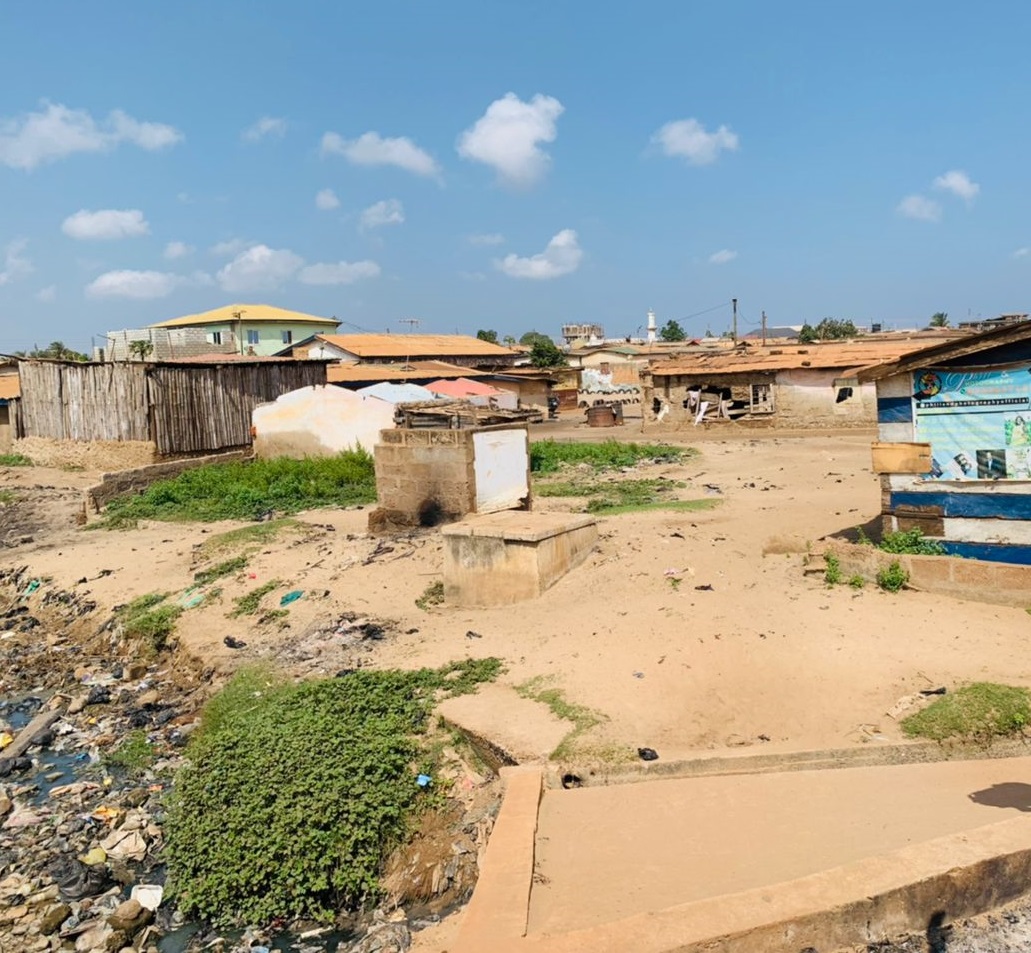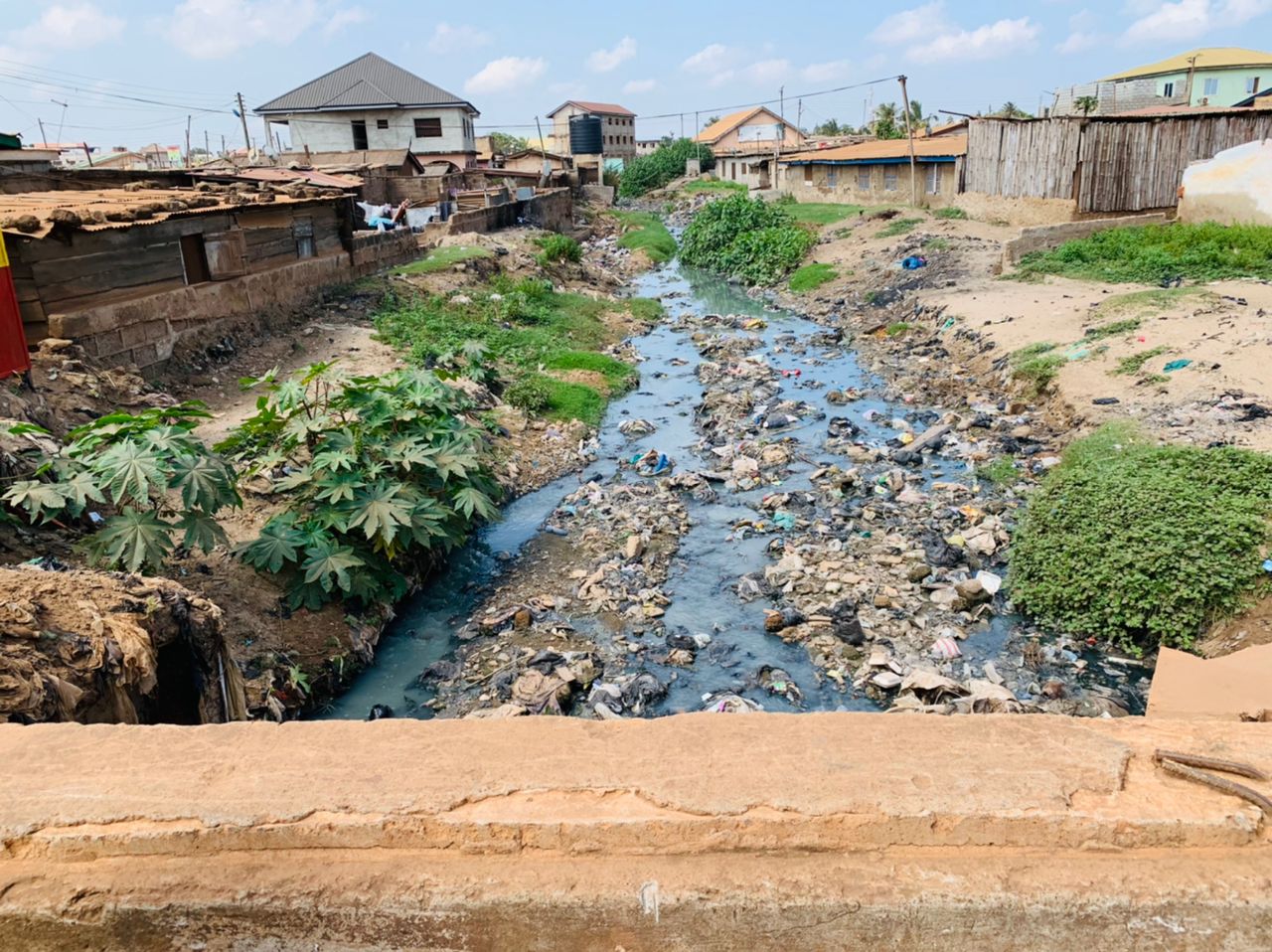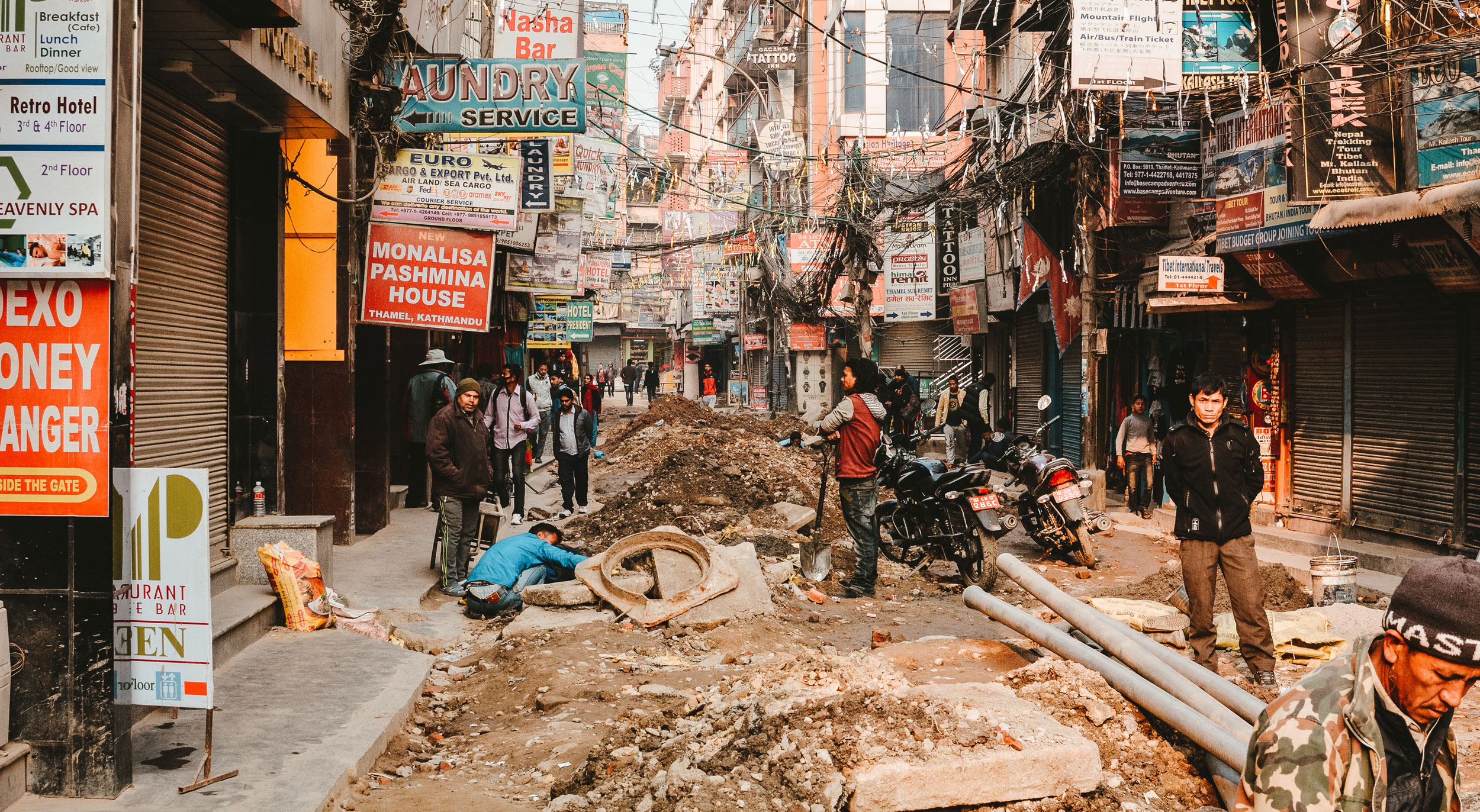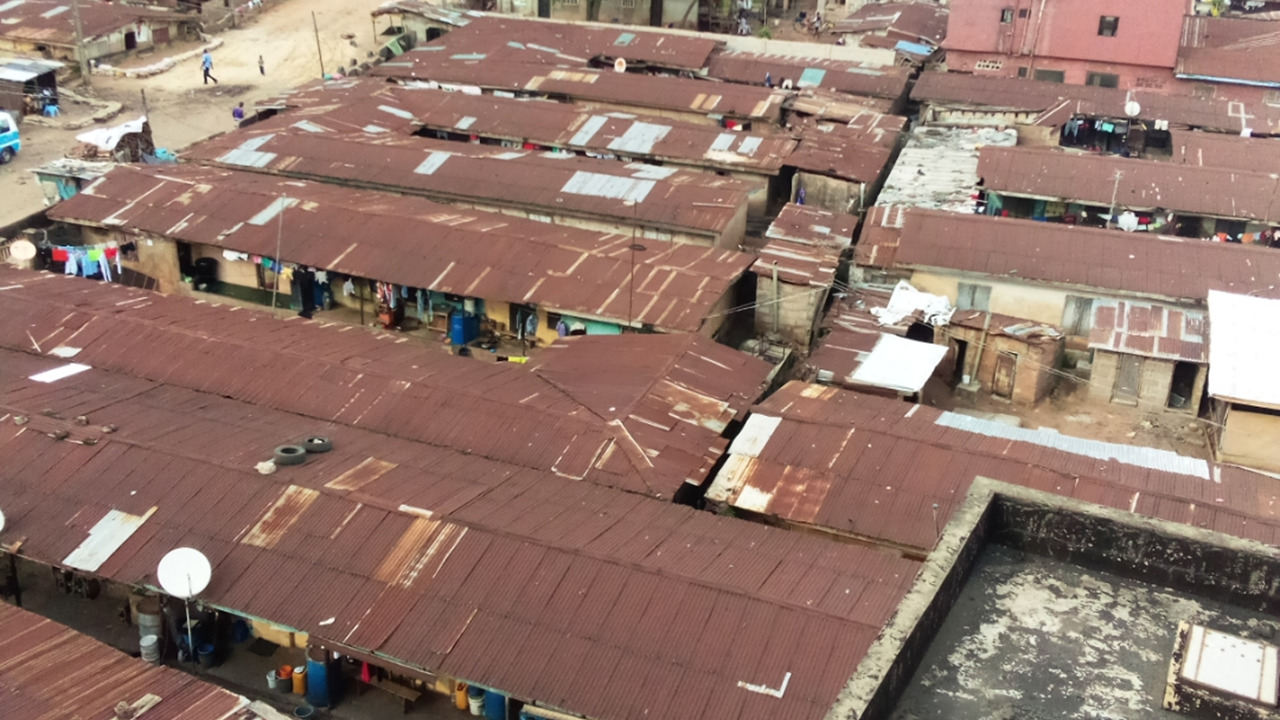
NEPAL
Urban Poverty and Deprivation

NEPAL
Urban Poverty and Deprivation
Assessing Urban Poverty and Deprivation in Nepal: Data Review, Measurement, Visualization, and Capacity Building in Collaboration with Municipalities
Nepal is facing growing trend of urbanization, with an increasing number of people choosing to move to cities. Although cities offer opportunities and progress, they also face different urban issues including poverty. Urban poverty is multi-dimensional and encompasses various dimensions like housing, employment, living expenses, education, healthcare and other challenges that come with city life. Defining the urban poor is a challenge due to complex and dynamic factors inherent to urban environments. Data on urban poverty is often constrained by challenges in accurately identifying and categorizing this demographic and difficulties in accessing marginalized urban. There is a critical need for a nuanced Urban Deprivation Index tailored to the specific urban contexts in order to effectively address and alleviate urban poverty. This study provides more comprehensive understanding of the multifaceted nature of urban deprivation that will equip policymakers and urban planners with a targeted tool to direct resources and interventions.
This project will measure the urban deprivation indices, involving a review of urban deprivation indicators, evaluation of data sources for urban deprivation measurement, identification of gaps in available data, development of an Urban Deprivation Index, and collaboration with municipalities for enhance use of data and visualization, and capacity building. The research will commence with rapid review to identify and synthesize existing urban poverty measurement frameworks and urban poverty studies, particularly focusing on quantitative measurements of deprivation through established indices. This will involve examining existing datasets and identifying any gaps or limitations in the data that could impact the construction of urban poverty indices. The identification of optimal indices will be informed by comparative analyses and expert consultations. The selected indices will be used to construct feasible and effective urban deprivation indices, which will provide granular data at provincial, district and local level. This will enable policymakers and stakeholders to explore urban poverty trends visually and access key insights for informed decision-making and resource allocation.
Lead Researcher: Sampurna Kakchapati (HERD International)
Co-Researchers: Mr. Bikram Adhikari (HERD International
Mentors: Dr. Joseph Hicks, University of Leeds, Prof. Helen Elsey (University of York) and Andrew Clarke, University of Glasgow
Lead Institute: HERD International, Nepal


